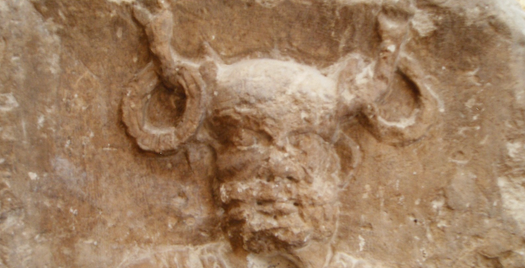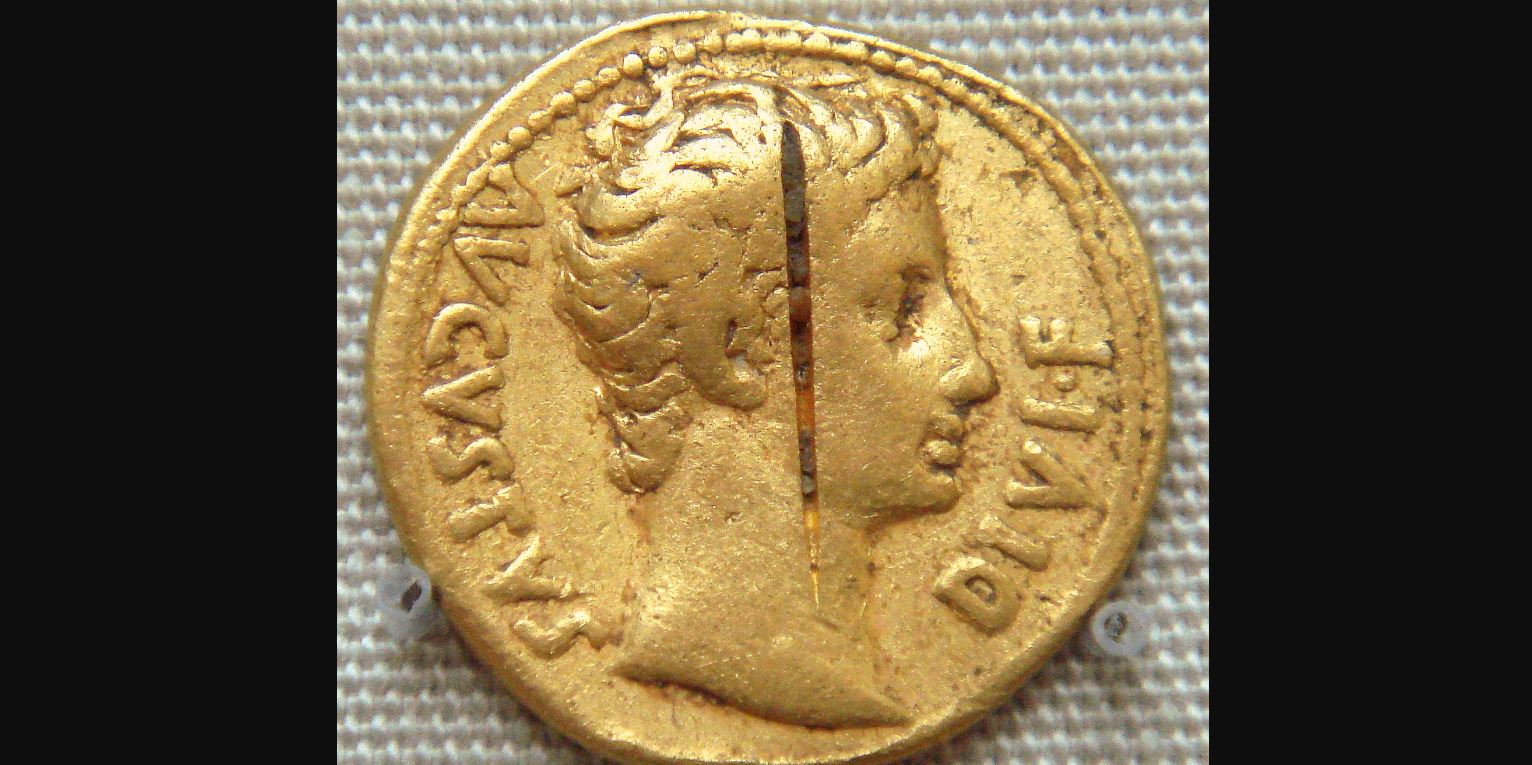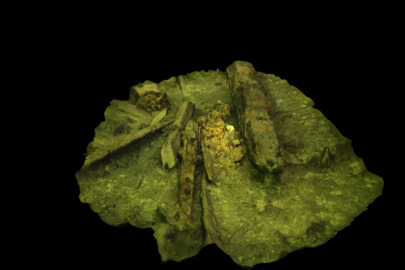The Celts can rightfully be placed amongst the world’s most important ancient cultures and civilizations. Their far-reaching ancient origins are the irreplaceable part of every historical lesson, and their role in history was crucial in the development of the world as we know it today. Yet even so, many aspects of the Celtic culture and belief are a bit of an enigma – even today. Because they didn’t leave any considerable written records, the Celts are largely mysterious, and most of what we know of their early history comes from Roman or Greek historians. We do know, however, that Cernunnos was one of their foremost deities. A mystical antlered god, he was revered by the Celts across Europe.
With the relatively recent discoveries of ancient Celtic core sites of La Tene and Hallstatt, in the mid-1800s, the world and the culture of these ancient Europeans came to the closer view of the general public and historians as well. Suddenly, there was so much more to learn about the Celts, about their art, their lifestyle, and their beliefs. Before the 1800s, the pantheon of the ancient Celts was largely enigmatic, but with new archeological material, typesites, and a closer glimpse into their religious rituals, we were finally able to paint a more detailed picture of the ancient Gods of the Celtic peoples.
How long can you go without sleep?
Arguably the best-known deity in their pantheon is Cernunnos, the sylvan antlered god that likely has origins that far predate the emergence of the Celts. Sometimes also known as Carnonos, his name has firm Proto-Indo-European origins. It stems from the PIE word *k̑r̥no-, and is thus cognate to Germanic *hurnaz and Latin cornu, all meaning “horn”. In the Celtic Gaulish language, this word was karnon, and the connection with the name of Cernunnos is clear – it reflects the deity’s stag antlers, growing from his head. Thus, Cernunnos literally means “the horned one”.
Read more: Ancient Origins






































